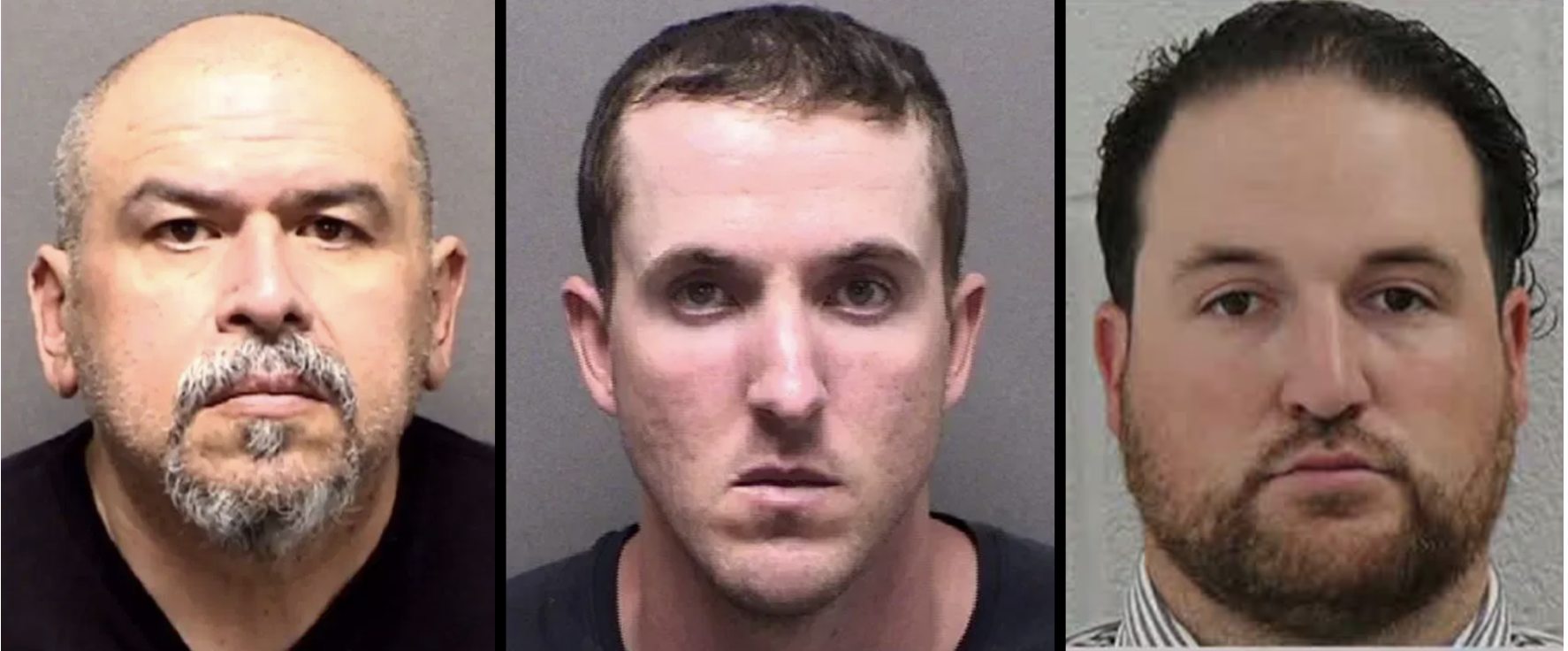After naming it one of his top priorities, Gov. Greg Abbott is touring the state to promote school choice, holding rallies in key areas to garner support from potential Republican holdouts in the Texas Legislature.
Deeming them “Parent Empowerment Nights,” Abbott has so far held three such events in Corpus Christi, Temple, and Corsicana, with more slated to be held in the coming weeks.
Abbott has embraced Education Savings Accounts, individual state-funded accounts that families can use to pay for education expenses—including private schooling or homeschooling.
But while school choice has the support of more than 80 percent of Republican voters, lawmakers in the Texas House have repeatedly rejected proposals for years. During the last session alone, a budget proposal to prevent state funds from being used on school choice programs passed by a vote of 115-29, with most Republicans joining Democrats in rejecting school choice.
Abbott is hoping this session is different, and he has been increasingly vocal about the need for change.
“Many public schools in Texas are excellent, but we must do more to ensure every student has the best possible education available to them,” Abbott told the crowd at Corsicana on Monday night. “Ultimately, no one knows what is best for a child’s success than their parents. This session, we will empower every parent with the ability to choose the best high-quality education option for their child. Together, we will chart a course toward brighter futures and bigger opportunities for young Texans across our state.”
At the Corsicana event, State Rep. Cody Harris (R–Palestine)—who has voted against school choice in the past—was in attendance and appeared to lend his support to some form of educational choice, saying Abbott is “leading the effort to push back on the woke indoctrination of Texas kids that we’re seeing from urban schools.”
That distinction—urban versus rural—has been at the center of much of the opposition to school choice proposals. Lt. Gov. Dan Patrick, who has long been a supporter of school choice and has made it one of his legislative priorities, conceded in a radio interview in December that the legislation would include a rural carveout. He later said he misspoke, and that the bill should cover all Texans.
House Speaker Dade Phelan has been less enthusiastic. In an interview with CBS 11, Phelan said, “The Texas House is different because you have so many rural members. … I represent an area that’s considered rural Texas, and they’re very concerned with how school choice impacts their home districts; so, again, I need to see some very specific legislation, and I haven’t seen it yet.”
In recent interview with Fox 7, Abbott said the policy was popular with Texans regardless of where they live.
“We know for a fact that Republicans in particular, but really a majority of all Texans, support this whether you are in urban, suburban, or rural districts,” said Abbott.
“If a Republican representative votes against this, they’re actually voting against their own constituents,” Abbott added.
Randan Steinhauser, a school choice advocate, agrees.
“There are usually two critiques of school choice when it comes to how it will affect rural education in Texas. The first point they argue is that if we have school choice in Texas, it will decimate our public schools. However, their second point is that rural communities won’t even benefit from school choice because there’s not enough options,” Steinhauser told Texas Scorecard. “These points counteract each other, because if your schools are so great, why would people want to leave?”
“This argument inherently seeks to trap children in schools that are not working for them,” she added.
Meanwhile, Agriculture Commissioner Sid Miller has been using his platform to make the case that school choice benefits rural areas as well.
“Rural Republican legislators have been reluctant to support parental choice, due in large part to public education activists and superintendents convincing them it wasn’t popular with their constituents, when in reality their objections are about keeping your tax dollars flowing into failing government schools,” Miller said in a Texas Scorecard commentary. “With that lie now exposed, we must hold all of our elected representatives responsible for implementing the clear will of Texas voters.”
No ads. No paywalls. No government grants. No corporate masters.
Just real news for real Texans.
Support Texas Scorecard to keep it that way!





